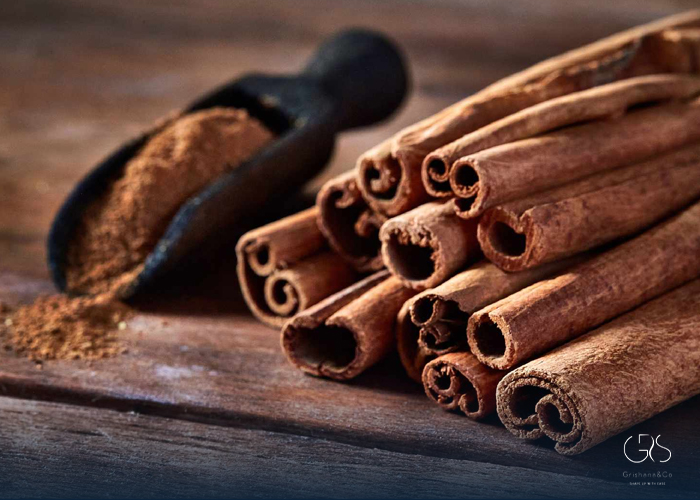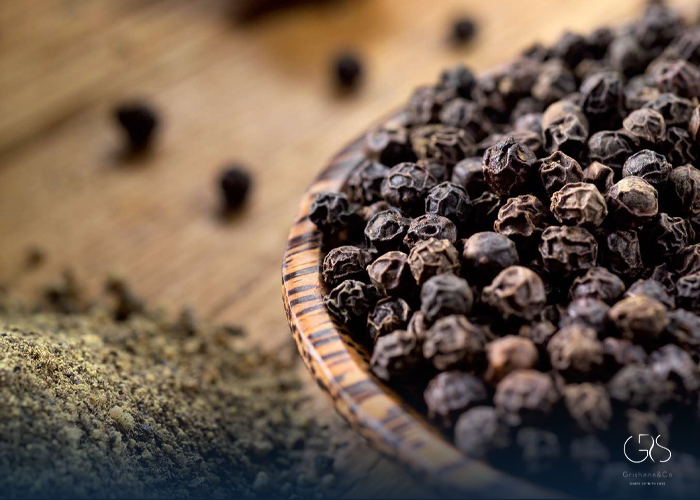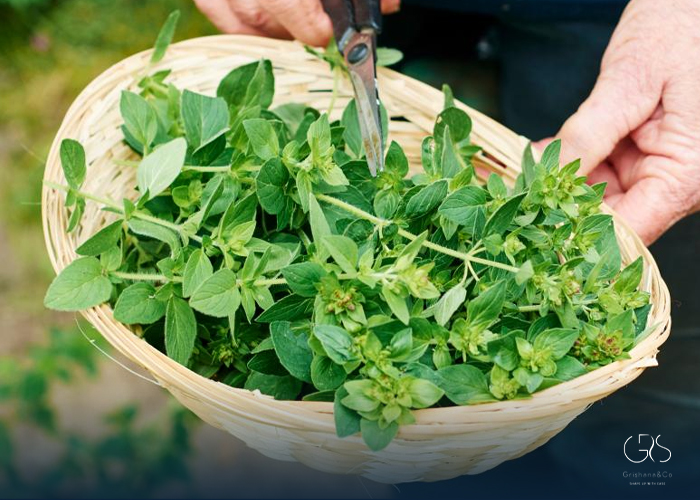In today’s society, the quest for weight loss has become increasingly prominent as people strive to lead healthier lifestyles. While diet and exercise are cornerstones of weight management, the use of herbs and spices has been shown to aid in the weight loss process. This article will explore 13 herbs and spices that are known for their potential to support weight loss and provide insights into their mechanisms of action.
1.Cinnamon
Studies have shown that cinnamon can effectively regulate blood sugar levels and improve insulin sensitivity, both of which are crucial for weight management. Additionally, its natural sweetness can help in reducing sugar cravings, making it a valuable aid in weight loss efforts.

2.Green Tea
Green tea contains catechins, which have been found to increase metabolism and aid in the burning of fat. It also provides a modest caffeine boost without the jittery side effects. Regular consumption of green tea has been linked to weight loss and maintenance.
(Read more about the benefits of green tea.)
3.Turmeric
Curcumin, the active compound in turmeric, has anti-inflammatory and antioxidant properties that may help in weight loss. It can aid in reducing fat tissue growth and combating obesity-related inflammation.
(Read more about the turmeric ginger combination)
4.Ginger
Ginger has thermogenic properties, which means it can increase the body’s temperature and metabolic rate, leading to greater calorie burning. It also aids in digestion and can help reduce bloating and water retention, contributing to weight loss efforts.
(Read more about the health benefits of ginger)

5.Cayenne Pepper
Capsaicin, the compound responsible for the heat in cayenne pepper, can boost metabolism and reduce appetite. Studies have shown that consuming cayenne pepper can lead to increased fat oxidation and decreased calorie intake.
(Read more about the health benefits of cayenne pepper)
6.Black Pepper
Piperine, the active component in black pepper, has been found to interfere with the formation of new fat cells and enhance the metabolism of fat. It can also enhance the bioavailability of other nutrients, potentially aiding in weight loss.

7.Cardamom
Cardamom is known for its diuretic properties, which can aid in reducing water retention and bloating. It also contains compounds that may help in boosting metabolism and improving digestion, making it a valuable addition to a weight loss diet.
8.Fenugreek
Fenugreek seeds are rich in soluble fiber, which can help in promoting the feeling of fullness and reducing appetite. Additionally, they have been linked to improved insulin sensitivity and better blood sugar control, potentially aiding in weight management.
9.Mustard Seeds
Mustard seeds contain compounds that can increase metabolic rate and promote fat breakdown. Additionally, they can aid in reducing cholesterol levels and promoting satiety, supporting weight loss efforts.
10.Ginseng
Ginseng has been associated with improvements in insulin sensitivity and regulation of appetite, making it a potential aid in weight management. It may also help in reducing oxidative stress and inflammation, both of which are linked to obesity.
11.Dandelion
Dandelion has diuretic properties and can aid in reducing water weight. It is also rich in antioxidants and can support liver health, potentially aiding in the metabolism of fats and detoxification, which are important for weight management.
12.Oregano
Oregano contains carvacrol, a compound that has been found to have anti-obesity effects. It may help in reducing fat accumulation and improving lipid metabolism, making it a valuable herb for weight loss.

13.Cumin:
Cumin seeds have been associated with reductions in body weight, waist circumference, and body mass index (BMI) in some studies. They may help in improving lipid profiles and reducing inflammation, which are beneficial for weight management.
Conclusion
The use of herbs and spices as aids in weight loss has gained popularity due to the potential health benefits they offer. Incorporating these 13 herbs and spices into a balanced diet, along with regular physical activity, may contribute to weight management efforts. However, it is important to note that individual responses to these herbs and spices can vary, and their consumption should be part of an overall healthy lifestyle approach to weight loss.
When considering diverse perspectives on weight loss, it is essential to recognize that different dietary and cultural traditions may influence the preferences for specific herbs and spices. Additionally, it is crucial to emphasize the need for evidence-based practices and to consult a healthcare professional before making significant dietary changes, especially for individuals with underlying health conditions.
Overall, while herbs and spices can offer potential benefits for weight loss, they should be viewed as complementary to a well-rounded approach that includes healthy eating, regular exercise, and personalized guidance from healthcare providers.
Sources
- National Library of Medicine, Cinnamon: Potential Role in the Prevention of Insulin Resistance, Metabolic Syndrome, and Type 2 Diabetes
- National Library of Medicine, The Effect of Green Tea Extract on Fat Oxidation at Rest and during Exercise: Evidence of Efficacy and Proposed Mechanisms1
- National Library of Medicine, The Effect of Green Tea Extract on Fat Oxidation at Rest and during Exercise: Evidence of Efficacy and Proposed Mechanisms
- National Library of Medicine, Ginger consumption enhances the thermic effect of food and promotes feelings of satiety without affecting metabolic and hormonal parameters in overweight men: A pilot study
- National Library of Medicine, Effect of chili pepper (Capsicum frutescens) ingestion on plasma glucose response and metabolic rate in Thai women










